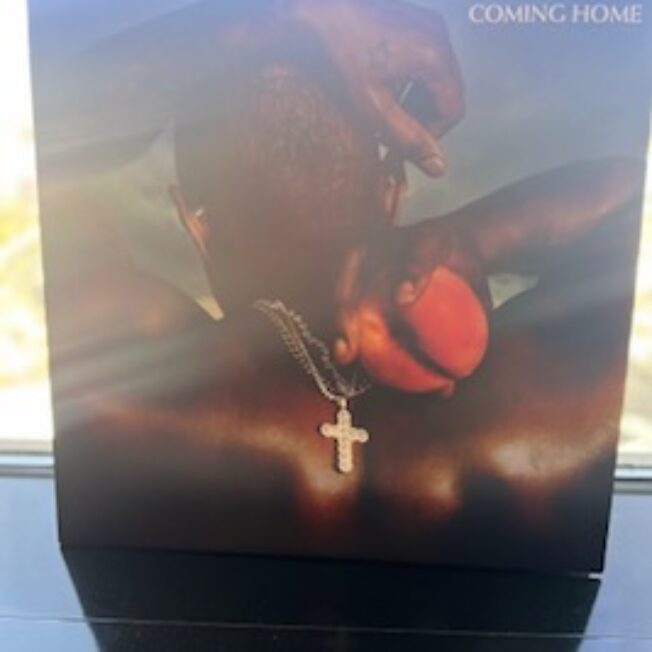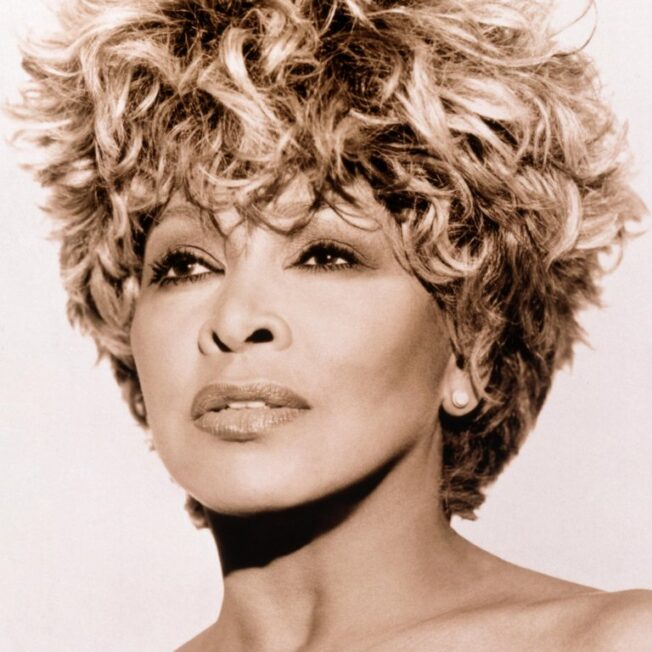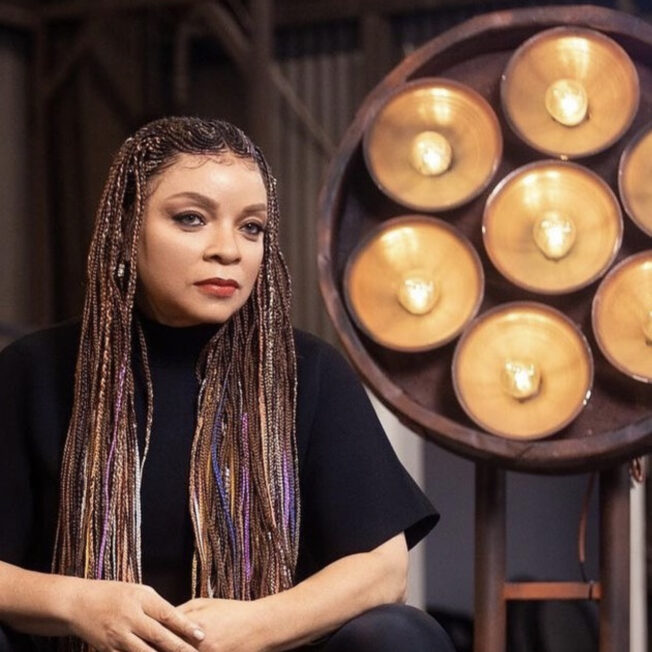People of the African diaspora have influenced the global culture for centuries. More recently, we’ve seen an increased interest among “mainstream” in fashion and beauty trends that have been within Black communities for decades. From hoop earrings to baby hair to the praise of big booty’s, Black women have always set trends for other women to follow.
While there certainly is no harm in embracing trends from other cultures, we can not neglect the fact that these trends are often exploited by companies who fail to invite women of color to have a seat at the table.
Black women have always influenced beauty trends, but it wasn’t until the launch of Fenty Beauty by Rihanna that we began to see Black women at the forefront of beauty campaigns. While brands made attempts to market to Black women before Fenty Beauty, it wasn’t until the launch of Fenty that we began to see everyday women being celebrated and properly included in campaigns. The differentiation matters.
Black women have always influenced fashion trends, and unfortunately today we see that the outfits and trends being displayed among everyday Black women are being marketed by brands who fail to employ and empower women of color. In fact, these ideas are being stolen from Black designers who are often neglected and who do not have the resources to create their own fashion lines.
Black women have always influenced music. Today, we see that many non-Black mainstream artists have Black women in their writing rooms. These women often don’t get the recognition they deserve for the hit singles they helped create.
Black women may be trending, but we are not a trend.
We are real women who experience many hardships that come with not only being a woman but being a woman of color in this world. When companies and “influencers” use trends within our culture to build their wealth and social capital, without acknowledging the influence from Black women – and without including us to have a seat at the table – it hinders us and reinforces a culture that’s not inclusive at all. In fact, this behavior reinforces a culture that dismisses not just Black women, but other women of color as well.
We are stronger together, and when people start to realize that women of color should be empowered and apart of important business decisions, as opposed to using women of color as tools to fulfill a quota or give this “perception” of inclusivity, we’ll continue to challenge them, and create our own businesses to fill these voids.
Until we start to truly embrace the different cultures of all women, and invite everyone to have a seat at the table, and are willing to take the extra step to build wealth together, we will not be successful in our efforts to change the communities we live in. Black women are not a trend. Latino women are not a trend. Asian women are not a trend. Native women are not a trend. We are women with stories, influence, and profitable ideas to share.
What are your thoughts? Share them with us in the comments below.




















